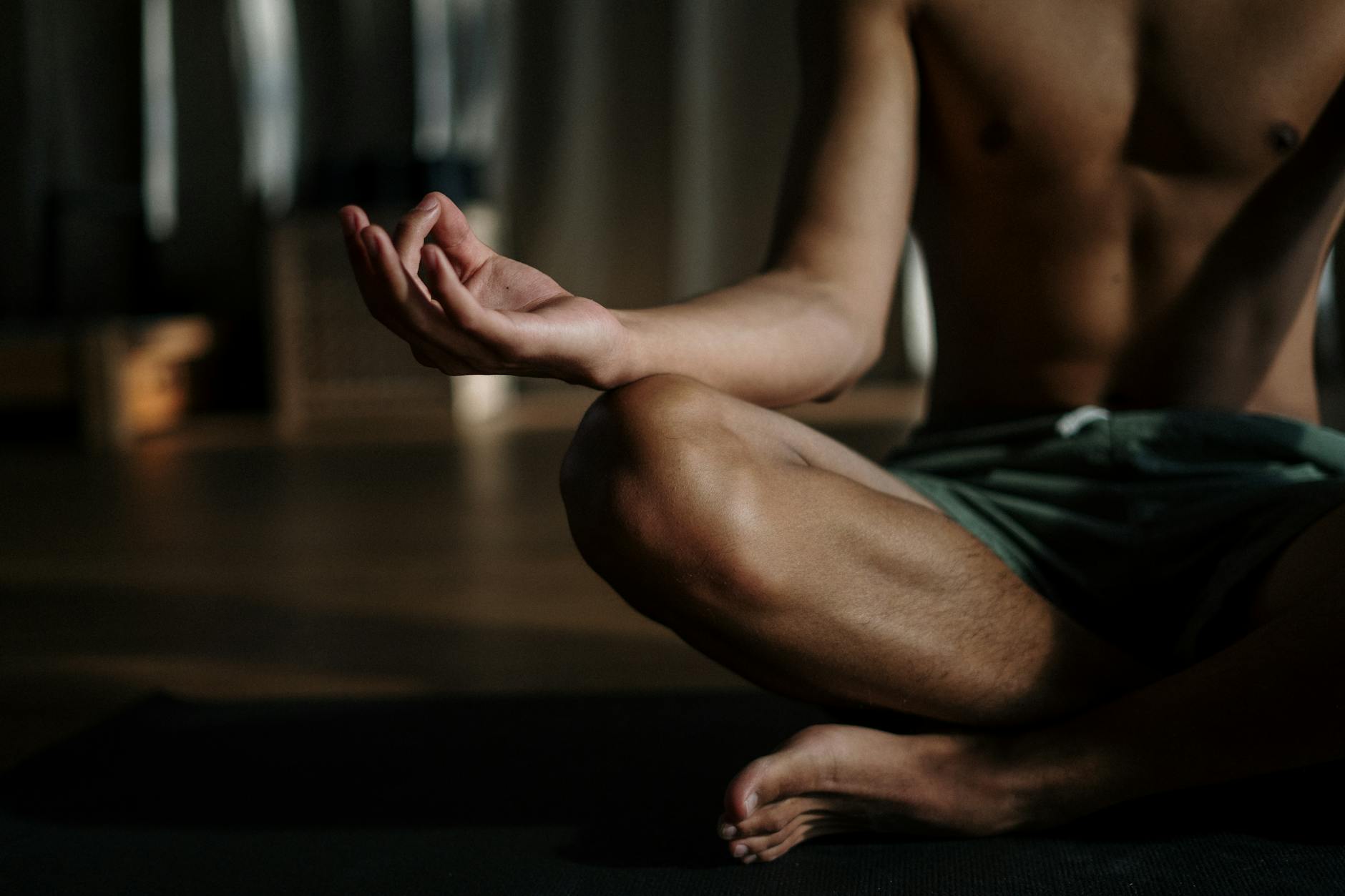What is habits?

What is habits?
Habits shape our daily lives in ways we often overlook. They are the routines and behaviors we perform regularly, often without thinking. From brushing our teeth every morning to scrolling through our phones at night, habits govern our actions, influencing productivity, health, and overall well-being. This article explores the essence of habits, their psychological foundations, and practical strategies for cultivating positive behaviors.
Understanding Habits
Definition of Habits
At their core, habits are automatic behaviors triggered by specific cues. According to Psychology Today, habits form when repetitive actions create patterns in our brains that allow us to perform tasks with minimal conscious thought. This automaticity frees up mental resources for other decisions throughout the day.
The Habit Loop
Habits function through a cycle known as the habit loop. This loop consists of three crucial components: cue, routine, and reward. The cue triggers the habit, the routine is the behavior performed, and the reward is the positive reinforcement that follows. For example, if you feel stressed (cue), you might go for a jog (routine), and afterward, you experience reduced anxiety (reward). Understanding this loop can help us identify and modify our habits effectively, as detailed in Kinnu.

Photo by cottonbro studio
Types of Habits
Habits can be categorized in various ways, each impacting our lives differently.
Positive vs. Negative Habits
Positive habits contribute to our well-being, such as exercising regularly, maintaining a healthy diet, or practicing mindfulness. In contrast, negative habits can lead to detrimental effects, like smoking or excessive screen time. Understanding the impact of these habits is crucial; as noted in Healthline, they play a significant role in our mental and physical health.
Habit Stacking
One effective technique to build new habits is habit stacking. This involves linking a new habit to an existing one. For instance, if you want to start meditating, you might do so right after your morning coffee. This method leverages the established routine to support the new behavior, as explained in James Clear’s insights.
The Science Behind Habits
Neurology of Habits
Habits have a strong neurological basis. When we repeat a behavior, neural pathways in our brains strengthen, making the action easier to perform over time. Dopamine, a neurotransmitter associated with pleasure and reward, plays a key role in reinforcing habits. The more we engage in a habit, the more our brain wires itself to expect the reward, fostering automatic behavior. For more on this topic, check out The Neuroscience of Habits.
Behavioral Psychology and Habits
The field of behavioral psychology provides valuable insights into habit formation. Theories suggest that habits can be formed without conscious intention, driven by environmental cues and rewards. This understanding opens doors for strategic habit development, focusing on creating supportive environments for desired behaviors. Explore more about this in the Behavioral Scientist’s discussion.
Strategies for Developing Good Habits
Cultivating positive habits requires intention and strategy. Here are some practical tips to help you along the way.
Setting SMART Goals
One effective approach is to set SMART goals—Specific, Measurable, Achievable, Relevant, and Time-bound. This framework helps clarify what you want to achieve and provides a clear roadmap to success. By defining your goals in this way, you increase your chances of building lasting habits. For detailed guidance on SMART goals, refer to Verywell Mind.
Tracking Progress
Tracking your habits is essential for assessing your progress and staying motivated. Habit tracker apps can simplify this process, allowing you to monitor your actions and visualize your growth. Some popular options include Habitica and James Clear’s habit tracker guide. By consistently tracking your efforts, you reinforce the positive behaviors you wish to maintain.
Conclusion
Habits are powerful forces shaping our lives. By understanding their mechanisms and employing effective strategies, we can cultivate habits that enhance our productivity and well-being. Reflect on your current habits and consider small changes that could make a significant difference. Start today, and take control of your routine to create lasting, positive change.